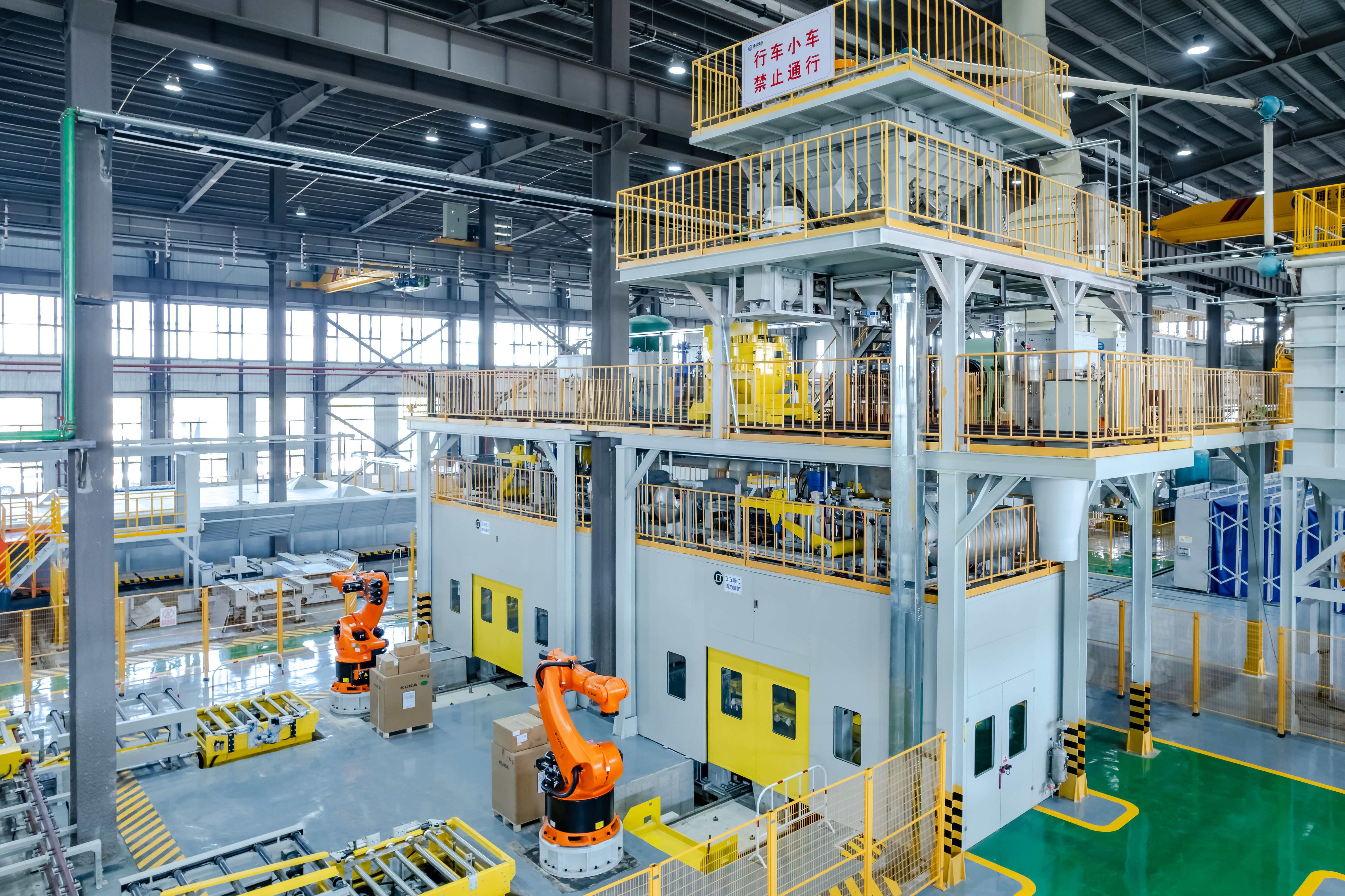aluminum gravity casting
Aluminum gravity casting is a sophisticated manufacturing process that utilizes gravitational force to fill molds with molten aluminum. This time-tested method involves pouring molten aluminum into permanent or semi-permanent molds, allowing it to solidify naturally under the influence of gravity. The process is particularly valued for producing complex components with excellent surface finishes and dimensional accuracy. In this method, molten aluminum typically heated to temperatures between 650-750°C is carefully poured into molds made of steel or cast iron. The mold design incorporates strategic gating systems and runners to ensure optimal metal flow and minimize defects. During solidification, the metal naturally fills all cavity spaces, creating detailed components with consistent properties. This casting technique is widely employed in automotive components, aerospace parts, industrial machinery, and consumer products. The process offers excellent control over the final product's mechanical properties and enables the production of both simple and intricate shapes with varying wall thicknesses. Modern aluminum gravity casting operations often incorporate advanced temperature control systems and automated pouring mechanisms to enhance consistency and productivity.


